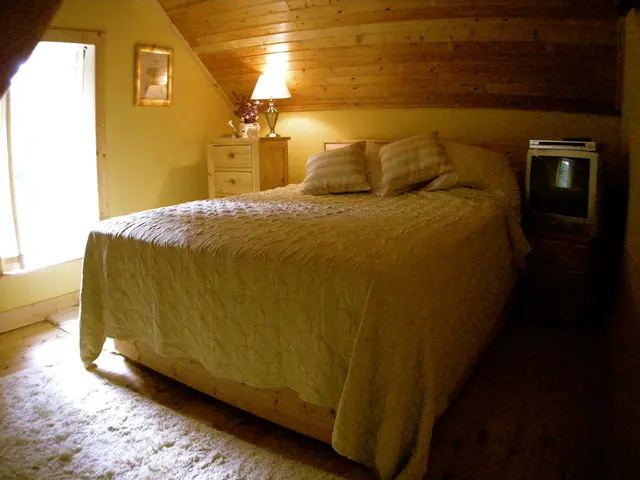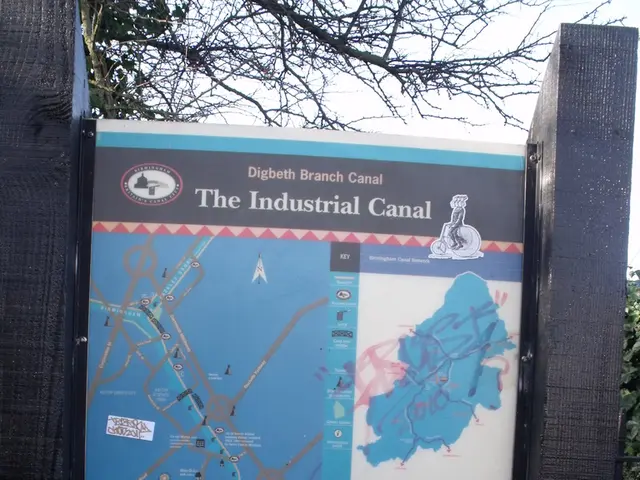Tourist Tax Takes Effect in Norway: A New Way to Preserve the Scenic Beauty
Restrictions on Mass Tourism: Norway Implements a Night-time Restriction
Norway has taken a unique approach to combat the growing issue of mass tourism by introducing a tourist tax. On June 5, 2025, the Norwegian Parliament approved a legislature that allows municipalities in popular tourist spots to charge a three percent tax per night on hotel and private accommodation bookings, much like Airbnb. The revenue generated from this tax will solely be used to fund tourism-related public facilities.
To levy such a tax, municipalities must prove their existing infrastructure is insufficient and seek approval from the government. Additionally, cruise ships docking at Norwegian ports may also be subject to this tax.
In the past few years, Norway's charm has drawn an ever-increasing number of tourists, leading to a record 38.6 million overnight stays in 2024. In tourist hotspots, this influx has posed challenges, particularly in terms of sanitation infrastructure that isn't designed to accommodate so many visitors. Media reports have reflected the frustrations of residents having to deal with tourists relieving themselves in their gardens. However, the hotel sector had initially opposed the tax due to concerns about it impacting their business.
The new tax offers a degree of flexibility for municipalities, as they can decide whether to implement it based on their specific tourism pressures. The funds collected will exclusively be invested in improving public facilities such as toilets, parking lots, and visitor centers, ensuring an enhanced experience for both tourists and locals. This move aligns Norway with the global trend of sustainable tourism management, working towards a fair distribution of benefits between local communities and visitors.
Source: ntv.de, afp
A Closer Look at the Tourist Tax
The tax offers municipalities the flexibility to adapt the tax rate based on seasonal demand, giving them the power to adjust according to tourism pressures. All funds raised must be allocated to improve tourism-focused public facilities.
The Impact on the Hotel Sector
The tourist tax will lead to increased costs for hotels, potentially affecting demand, especially from price-sensitive tourists. However, this influx of revenue can be used to enhance tourism infrastructure, improving the overall experience for guests and increasing occupancy rates if well-managed.
Sustainable Tourism for a Brighter Future
From an infrastructure perspective, the tax will help mitigate overcrowding, reduce the strain on public areas and tourist facilities in popular destinations, and contribute to a more pleasant experience for both visitors and locals. It also fosters sustainable tourism, ensuring a fair distribution of benefits among all involved.
All in all, Norway's introduction of a tourist tax is a strategic step towards managing the impacts of mass tourism while investing in sustainable infrastructure that supports both locals and tourists alike.
- The new tourist tax policy in Norway allows municipalities to adjust the tax rate based on seasonal demand, providing flexibility in managing tourism pressures.
- The implementation of vocational training programs could be a beneficial addition to the tourism sector, ensuring that the infrastructure improvements are well-managed and maintained, enhancing the overall tourism experience.
- The general news coverage has highlighted the potential impact of the tourist tax on the lifestyle of locals, as the revenue generated will primarily be used for improvements in public facilities such as toilets, parking lots, and visitor centers.







